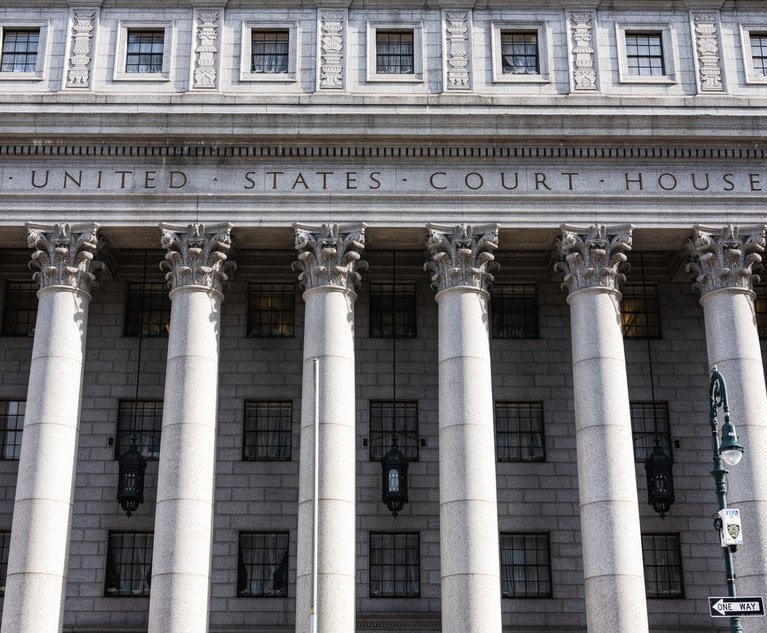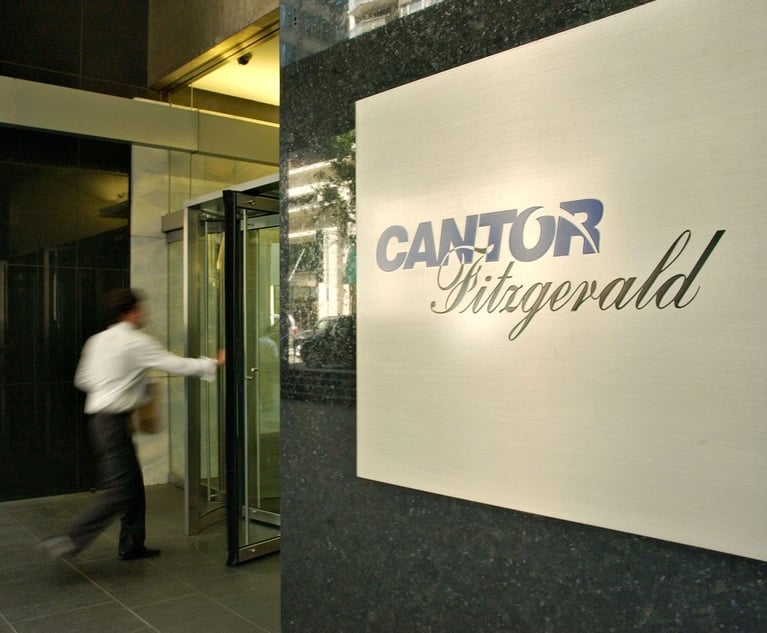The Delaware Supreme Court on Tuesday ordered Palantir Technologies to turn over director emails to a company run by Marc Abramowitz, reversing the Chancery Court’s earlier ruling that the electronic communications were off limits for investigating fraud and mismanagement at the Silicon Valley software firm.
In a 49-page opinion for a unanimous court, Chief Justice Leo E. Strine said that Palantir, which specializes in big data analytics, had a history of not observing corporate formalities and conducted most of its board-level business electronically, making the emails necessary to satisfy KT4′s demand.

 Palantir at 100 Hamiliton in Palo Alto, Photo: Jason Doiy/ALM.
Palantir at 100 Hamiliton in Palo Alto, Photo: Jason Doiy/ALM.








